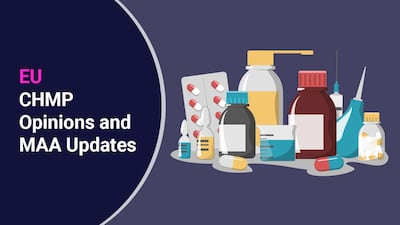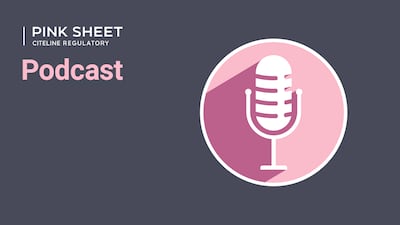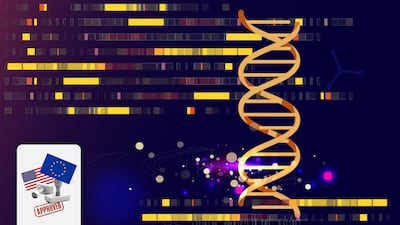Regional Comparisons
Roche’s filing for Elevidys in the EU followed applications in Middle Eastern countries because those markets accept applications based on approval by the US Food and Drugs Administration.
This is an update of recommendations from the European Medicines Agency's Committee for Medicinal Products for Human Use on the authorization of new medicines in the EU, and updates on EU marketing authorization changes recommended by the CHMP.
As efforts to improve diversity in clinical trials gain momentum globally, the Pink Sheet asked regulators in the UK, the EU, Canada, Australia and Japan about their efforts to support representative enrolment.
The EU marketing authorization for the primary biliary cholangitis treatment has now been revoked. Meanwhile the drug's approval is in jeopardy in the US, where an advisory committee will opine on whether the accelerated approval drug has confirmed clinical benefit.
In this third article of a series on new drug reimbursement recommendations by the HTA body NICE, the Pink Sheet finds that fewer innovative medicines are reimbursed in England than in eight other European nations.
Relyvrio/Albrioza, Amylyx’s ill-fated treatment for amyotrophic lateral sclerosis, was approved for marketing by the US Food and Drug Administration but rejected by the European Medicines Agency. The Pink Sheet explores how the two agencies applied the available regulatory flexibilities and the impact of other factors, such as regulatory precedence and patient influence, on decision-making.
Pink Sheet reporter and editors discuss the impact of a US and EU drug approvals analysis that found the US FDA still clears many novel products first, including most new cell and gene therapies and cancer treatments.
Comprehensive table comparing all the novel agents approved by either the US FDA or the European Commission over 2023 through April 2024.
Pink Sheet infographic shows how a large majority of novel drugs make it past the US FDA before receiving approval in the European Union. Lag times ranged from almost five years to less than two weeks.
Ninety-five percent of novel cancer treatments approved in both the US and Europe received the FDA’s OK first, but Europe usually followed within a year, a Pink Sheet analysis shows.
Only three of the 10 new therapies approved by the US FDA also have been approved in the European Union, while both of the EU gene therapy approvals followed FDA clearance, a Pink Sheet analysis shows.
A Pink Sheet analysis finds US approval preceded European Union clearance for 80% of products approved in both areas, but when EU approval came first, it beat the FDA by a median of 13 months. US-first approvals came close to six months before the EU.











